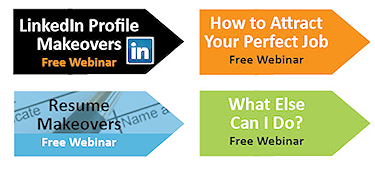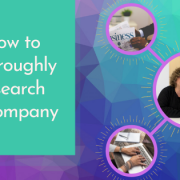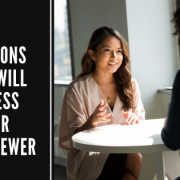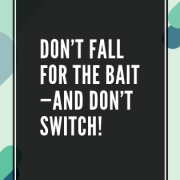The Ugly Truth about Following Up after an Interview
Interviews
Following up after an interview is tough. How much follow up is too much? Does the prospective employer even care if you send a thank you note? Is there even a point to following up? Time for a candid reality check…
No one has ever received a job because he or she followed up. No one. Think about it — no hiring manager has ever said “John, I’m so glad you followed up with me. I was going to offer the job to another candidate, but seeing as you followed up with me, I’ll offer it to you instead.” Your follow-up won’t change a hiring decision.
If you haven’t heard back after an interview, there’s probably a reason. They haven’t made a decision. They’ve extended an offer to another candidate and they’re waiting on his/her acceptance. There’s a difference of opinion as to who to hire. The position has been put on hold. They’ve decided not to hire the position. So many reasons. But none of them will change based on your follow-up. So while you may choose to follow-up, be clear about what you’re hoping to accomplish.
Your best strategy, if you know you’re going to need or want some closure, is to not wait until after the interview to plan your strategy.
What you want is closure. As humans, we’re hard-wired to want a conclusion. The primary reason my clients give for following up? “I just want to know. One way or another. I just want to know what they’ve decided.” I understand. But you can’t control whether or not you get a response, so you may not get closure even if you follow-up, because there’s absolutely no guarantee your follow-up will get a response.
Your best strategy, if you know you’re going to need or want some closure, is to not wait until after the interview to plan your strategy. Find out at the end of every interview – whether the initial phone screen or an in-person interview – what the next step is. If this information isn’t offered, ask “What would be the next step?” Or “Can you share with me what the next step is?” Then, you’ll know how to best plan your follow-up – using good judgment based on your individual situation.
For example, if you’re told that they’ll be making a decision within a week and after a week you haven’t heard anything – follow up. Or maybe you’re told that they hope to make a decision within a few weeks and you’ve shared with them you’re actively interviewing with other organizations. You really want their job, so after a week or so, follow-up to let them know you’re interested and ask for a status update, if they have one.
Your follow-up won’t change a hiring decision, but the best case is that you may influence it. How you approach the follow-up matters. It’s why you need to be prepared to send thank you notes after each interview.
If you’re interested in the job, let them know. As far as I know, no one has been hired based on a thank you note, but continuing the interaction with a prospective employer in a positive way can’t hurt. A “why haven’t I heard back from you?” tone seeks closure, but isn’t polite, it’s accusatory.
Asking for post-interview feedback isn’t likely to yield you any constructive input either, so keep your expectations low. Be direct, be polite. Be honest with yourself about what you’re hoping to achieve and be OK with being disappointed and disheartened. I’m sorry, but sadly it’s a part of the process. Aim for closure that gently closes the door rather than slamming it shut.

I’m Stacey Lane: Confidence Builder. Networking Smarts. Resume Wordsmith. Personal Branding Strategist. Career Coach.
I help individuals with unique backgrounds find their perfect fit and effectively market themselves so they find work that is as interesting as they are.
Contact me to get started!
 FREE Webinars to Watch at Your Convenience: Want to makeover your LinkedIn Profile? Need to makeover your resume? Or figure out what your next career will be? Need help attracting the perfect job to you? Learn more and signup for my FREE webinars here.
FREE Webinars to Watch at Your Convenience: Want to makeover your LinkedIn Profile? Need to makeover your resume? Or figure out what your next career will be? Need help attracting the perfect job to you? Learn more and signup for my FREE webinars here.



